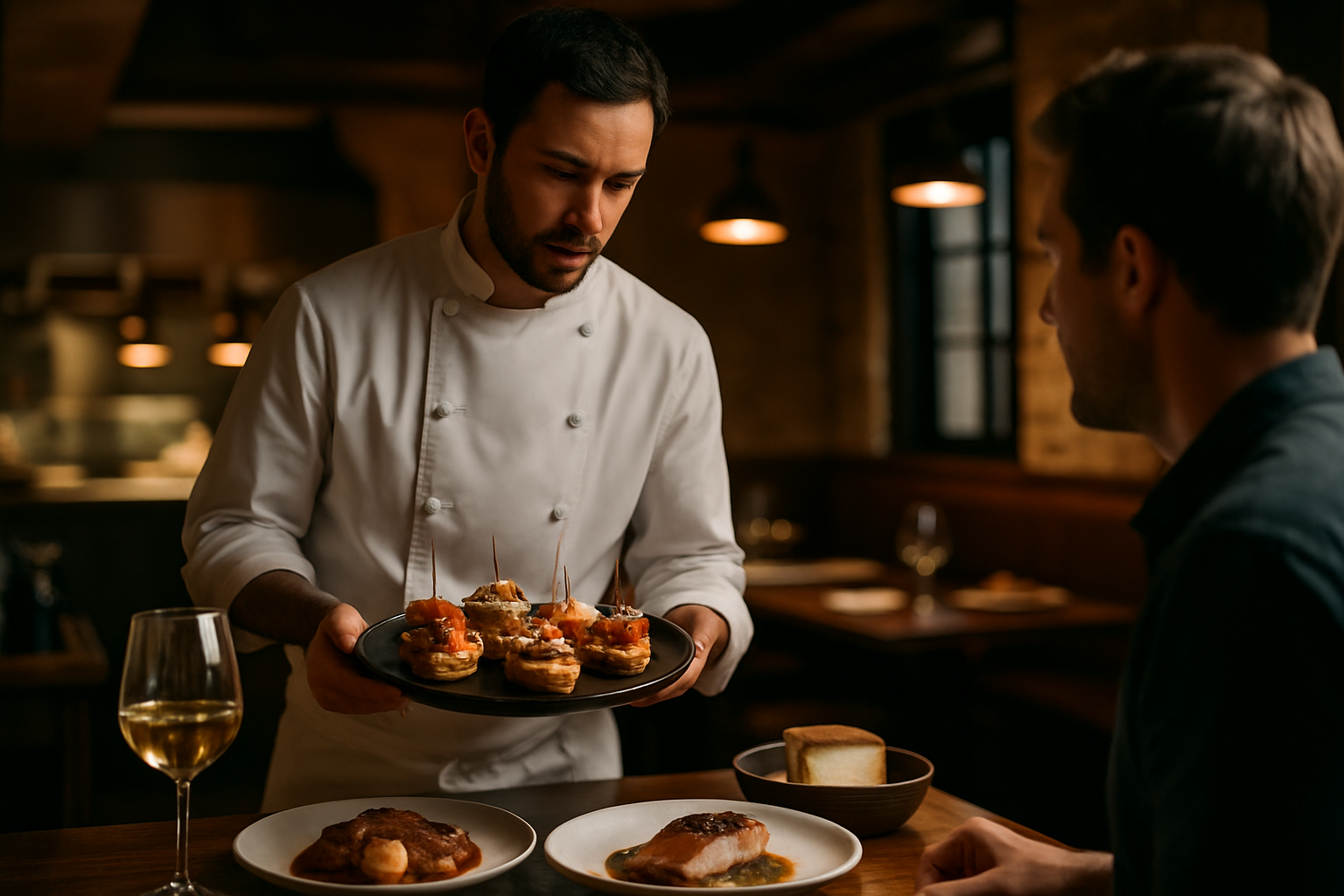Preparing Effectively for a Kitchen Role Interview
Preparing for a kitchen role interview involves more than reciting recipes. Employers in culinary and hospitality sectors evaluate technical skills, kitchen awareness, communication, and how your experience aligns with their service style. This teaser outlines what to prepare so you can present qualifications, training, and schedule preferences clearly and professionally.

Preparing for a kitchen role interview means showing competence with both practical culinary tasks and the softer skills that keep a service running smoothly. Interviewers will look for evidence of hands-on experience, familiarity with kitchen systems, and an understanding of hospitality expectations. Present your background in a way that links training, certifications, and on-the-job experience to the needs of the kitchen, while being ready to discuss scheduling flexibility, placement preferences, and how you adapt under pressure.
How to present culinary skills?
When discussing culinary skills, be specific about techniques, cuisines, and stations you’ve worked on. Rather than saying you can “cook,” detail knife skills, heat control, sauce preparation, or portioning methods. Mention the types of cuisine you’ve trained in or practiced—whether classical, regional, or contemporary—and how quickly you learn new recipes. If you have experience with menu planning, inventory control, or sanitation standards, describe concrete examples that show problem solving and consistency.
What to know about kitchen operations?
Employers expect applicants to understand kitchen flow, line responsibilities, and safety practices. Explain your familiarity with mise en place, order coordination, ticket systems, and cross-contamination prevention. Discuss how you interact with cooks, sous chefs, and front-of-house staff in a hospitality environment to maintain timing and quality. If you’ve used kitchen management tools or followed specific cleaning schedules, highlight how these practices contributed to efficient service and reduced waste.
How to showcase experience on a resume?
A concise resume focused on relevant kitchen roles helps interviewers quickly assess fit. List positions with dates, primary duties, and measurable achievements—such as improved prep times or reduced food waste—without overstating outcomes. Include training, certifications, and notable mentors, and tailor your resume to emphasize the stations or cuisine types the role requires. Keep formatting clean, use bullet points for clarity, and ensure contact details and availability are easy to find.
Should you prepare a portfolio for cuisine roles?
A portfolio can be useful, especially for roles emphasizing technique, plating, or menu development. Consider a simple digital portfolio with photographs of plated dishes, sample menus you’ve contributed to, and brief descriptions of your role in each project. For apprenticeship or training experiences, include certificates or letters from supervisors where possible. Keep the portfolio concise and professional—focus on clear images, short captions, and relevance to the job you’re interviewing for.
How do apprenticeship and certification support training?
Apprenticeships and certification demonstrate structured training and a commitment to kitchen standards. If you completed an apprenticeship, describe the duration, the skills you developed, and the supervised responsibilities you handled. List certifications—such as food safety or hospitality-specific credentials—by name and issuing organization. Discuss ongoing training habits, like attending workshops or practicing new techniques, to show that your experience is current and that you value continual learning.
How to discuss scheduling and placement?
Be clear about your availability and any scheduling constraints, but present flexibility where possible; kitchens often require early shifts, evenings, or weekend work in a hospitality context. Explain preferred placement—gastronomy, pastry, garde manger, or line cook—and why you fit that station based on experience. Avoid implying specific job openings or guaranteeing availability of positions; instead, describe realistic expectations for shift lengths, notice periods, and how you handle swapping or covering shifts to maintain service continuity.
Conclusion A successful kitchen interview blends demonstrated culinary competence with clear communication about training, experience, and scheduling. Prepare a resume and optional portfolio that highlight relevant stations, certifications, and apprenticeship experiences, and be ready to discuss how you contribute to kitchen flow and hospitality standards. Clear examples and practical details will help interviewers understand how you can fit into their service model and sustain quality during busy periods.






